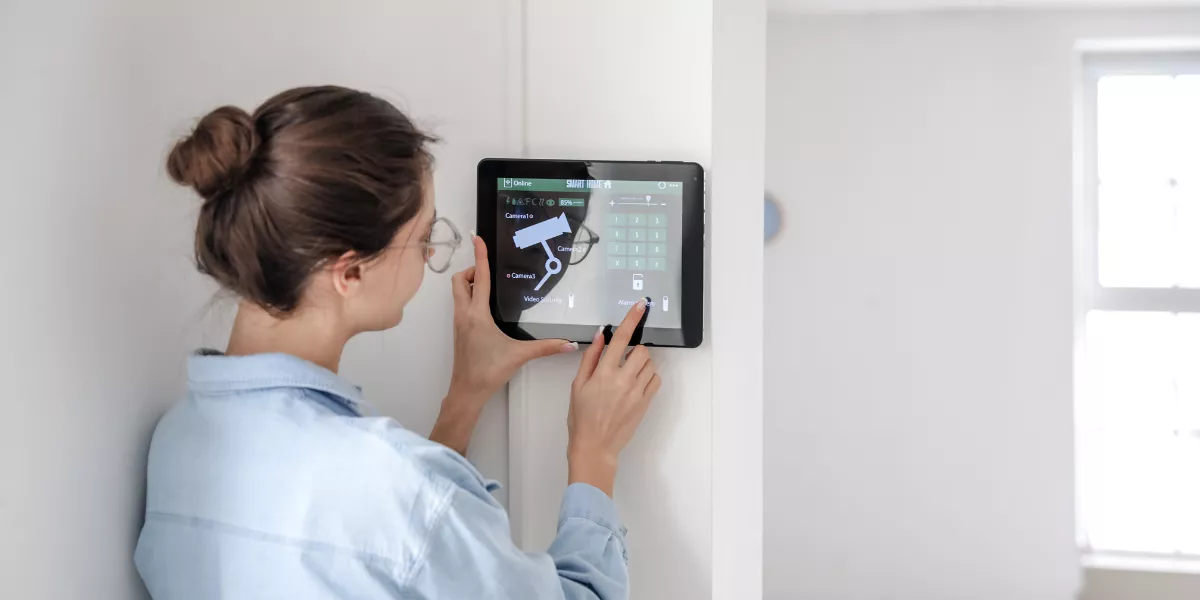
When deciding if smart home devices are worth the upfront cost, consider the long-term advantages. Smart devices offer energy savings, improved security, and convenient automation. Smart thermostats optimize energy use, cameras enhance security, and automation streamlines daily routines. Their potential for long-term savings through reduced bills adds significant value. Explore further benefits by understanding their energy efficiency perks, security features, and convenience factors.
Cost Analysis of Smart Home Devices
When considering the cost analysis of smart home devices, prioritize identifying your specific needs and budget constraints to make an informed investment decision. Start by evaluating the areas in your home where smart devices could bring convenience or efficiency. Whether it's enhancing security with smart cameras and locks or improving energy management with smart thermostats and lighting, understanding your requirements is key.
Next, set a budget based on your financial situation and the value you place on the features these devices offer. Remember, the initial cost of purchasing smart home devices may be higher, but weigh this against the potential long-term savings they can provide. Look for devices that fit within your budget while also meeting your needs effectively.
Additionally, consider the potential for future savings on energy bills, insurance premiums, or even increased property value with smart upgrades. Some utility companies offer rebates for energy-efficient smart devices, so explore these options to maximize your investment. By carefully analyzing costs and benefits, you can make smart decisions that align with your priorities and financial goals.
Energy Efficiency Benefits
Investing in smart home devices for energy efficiency can lead to significant savings and a more sustainable lifestyle. Smart thermostats, for example, can learn your habits and adjust the temperature accordingly, optimizing energy usage. By remotely controlling lights, appliances, and heating/cooling systems, you can ensure they're only in use when needed, reducing unnecessary consumption. Monitoring energy usage through smart meters allows you to identify areas where you can cut back, ultimately lowering utility bills.
Moreover, some smart devices can integrate with renewable energy sources like solar panels, maximizing their efficiency. By analyzing your energy patterns, these devices can suggest further ways to reduce consumption, making your home more environmentally friendly.
Enhanced Home Security Features
To further enhance the functionality of your smart home setup, consider incorporating advanced security features that provide added protection and peace of mind. Smart home devices offer a range of security enhancements, such as smart cameras that allow you to monitor your home remotely and receive alerts in case of any unusual activity. Doorbell cameras with two-way audio enable you to see and speak to visitors even when you're not home, enhancing security and convenience. Additionally, smart locks provide keyless entry options and the ability to grant access to visitors remotely. Integrating these security features into your smart home ecosystem can significantly bolster your home's security measures.
Moreover, smart home security systems can be seamlessly integrated with other smart devices in your home, allowing for a holistic approach to security and automation. For instance, motion sensors can trigger lights to turn on when movement is detected, deterring potential intruders. By investing in these enhanced security features, you not only protect your home but also gain valuable peace of mind knowing that your living space is secure.
Convenience and Automation Advantages
Consider incorporating smart home devices to streamline your daily routines and enhance the automation of tasks in your living space. Imagine waking up to the aroma of freshly brewed coffee, thanks to a smart coffee maker that starts brewing as soon as your alarm goes off. With smart lights, you can create the perfect ambiance for any occasion at the touch of a button or through voice commands. Need to cool down your home before you arrive? A smart thermostat allows you to adjust the temperature remotely, ensuring your comfort upon entering.
Smart home devices offer convenience by allowing you to control various aspects of your home from anywhere. Forgot to turn off the lights? No problem – just use your smartphone to switch them off. Additionally, automation features like scheduling routines can simplify your life. You can set your robot vacuum to clean at specific times or have your smart blinds open and close automatically based on the time of day.
Long-Term Savings and ROI
Maximize your financial benefits over time by understanding the long-term savings and return on investment potential of smart home devices in your household.
While the initial cost of smart home devices may seem daunting, their long-term savings can make them a worthwhile investment. Smart thermostats, for example, can learn your habits and adjust the temperature accordingly, potentially saving you up to 10-12% on heating and 15% on cooling costs annually.
Smart lighting systems can help reduce energy waste by automatically turning off lights when rooms are unoccupied, leading to lower electricity bills. Home security systems not only provide peace of mind but can also lower your homeowner's insurance premiums.
Additionally, smart appliances like refrigerators and washing machines can help you save on energy and water bills over time. By carefully selecting and integrating smart devices into your home, you can enjoy both the convenience and the financial benefits they offer in the long run.




